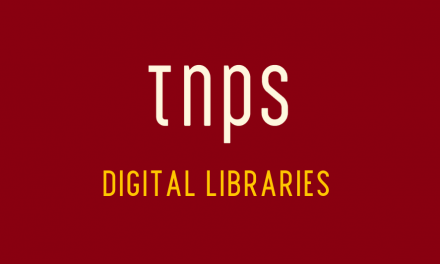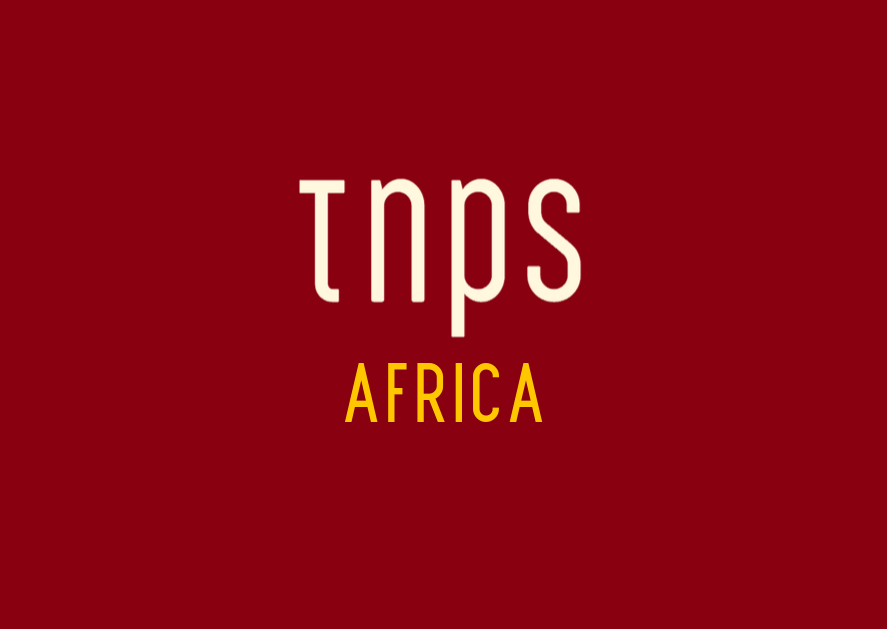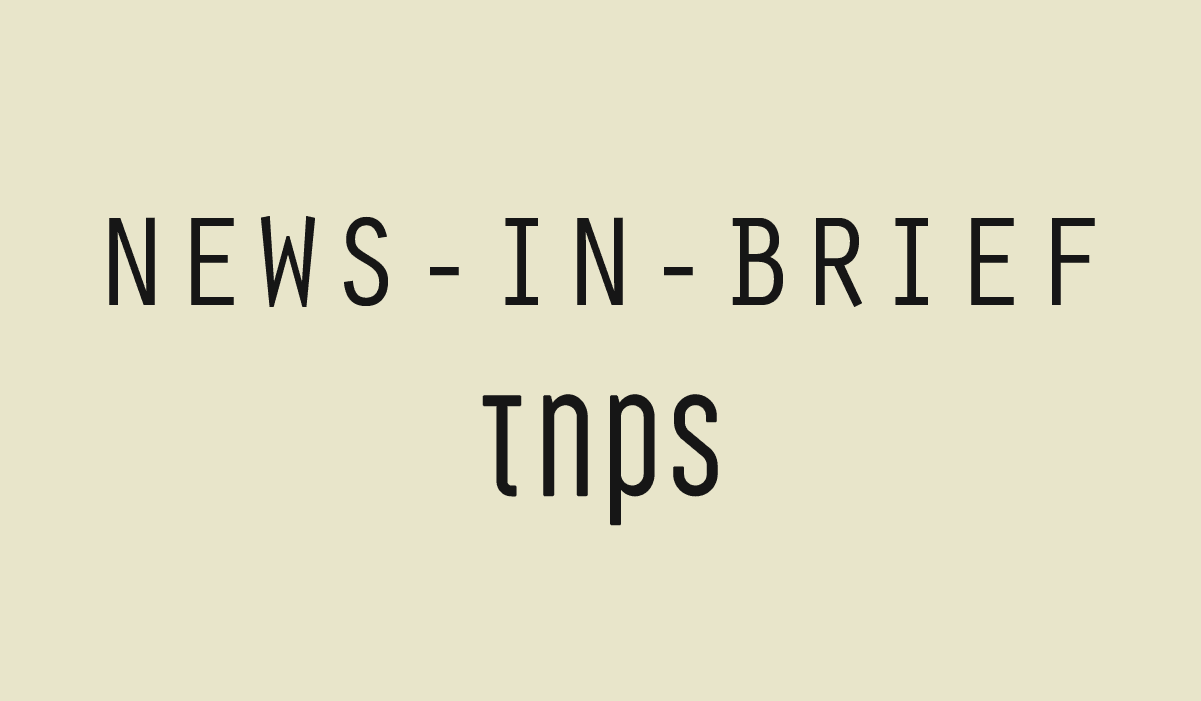There were many raised eyebrows this past week when UNESCO declared Kuala Lumpur would be the World Book Capital in 2020.
Because while there’s no question Malaysia is making great strides to advance literacy and literary endeavours, that is happening in the dark shadow of official censorship.
The Malaysian government has promised to repeal the controversial Printing Presses and Publications Act, but has not said when that might happen, or what will be the fate of thousands of books currently banned under the act.
According to Free Malaysia Today, prominent law professor Azmi Sharom has accused the Malaysian authorities of double standards, banning books in the local Malay language while allowing those same books in English.
Books about religion and politics seem to be especially targetted.
The pattern indicates that the authorities are very concerned about the Malay mind rather than the Malaysian mind and this is very insulting.
Azmi cites as an example Bangladeshi author Irshad Manji’s book Allah, Liberty and Love, available in Malaysia in English since 2011, but the Malay translation was banned just two weeks after publication.
That decision was eventually overturned by the Kuala Lumpur High Court, but most authors and publishers cannot afford that right of appeal.
At the time High Court judge Zaleha Yusof questioned why the authorities only decided to ban the book after it was translated into Malay.
Azmi believes
the authorities want the Malay mind to be obedient and follow the Malaysian Islamic Development Department (Jakim) brand of Shafie school of Sunni Islam.
Award-winning novelist Faisal Tehrani, with seven banned books to his credit, concurs with Azmi that there is a trend of targetting Malay-language titles in the government’s book-banning practice.
But it’s not just religion and politics that upsets the Malaysian Thought Police. In 2015 the Fifty Shades trilogy was banned as a “threat to morality.”
In October 2017 Ministry of Home Affairs secretary-general Alwi Ibrahim slapped a ban on over twenty titles because they did not meet with his personal perspective on the world.
He casually explained, looking down from his perch on high,
All these publications could harm or confuse readers, especially the younger generation, and are not suitable reading materials for the public.
Let’s hope someone with some common sense and respect for others is heading the Ministry of Home Affairs by April 2020 when Kuala Lumpur assumes the title World Book Capital.





